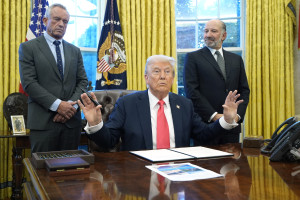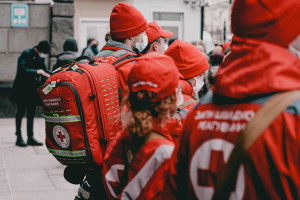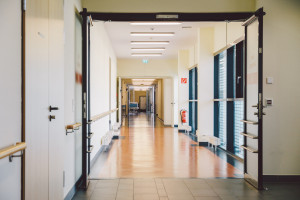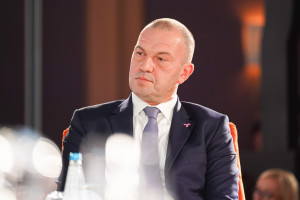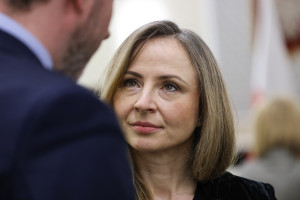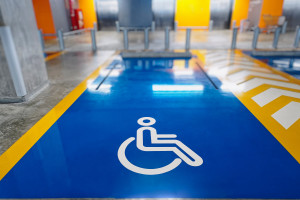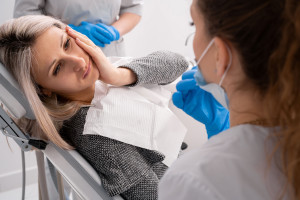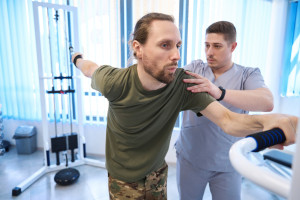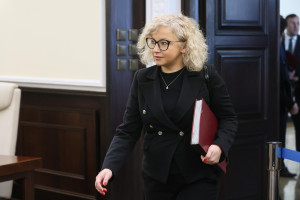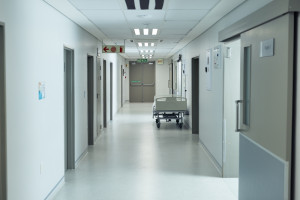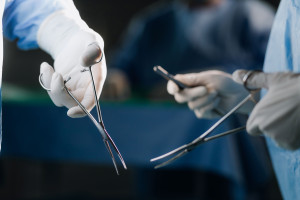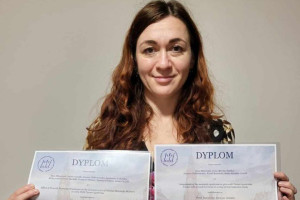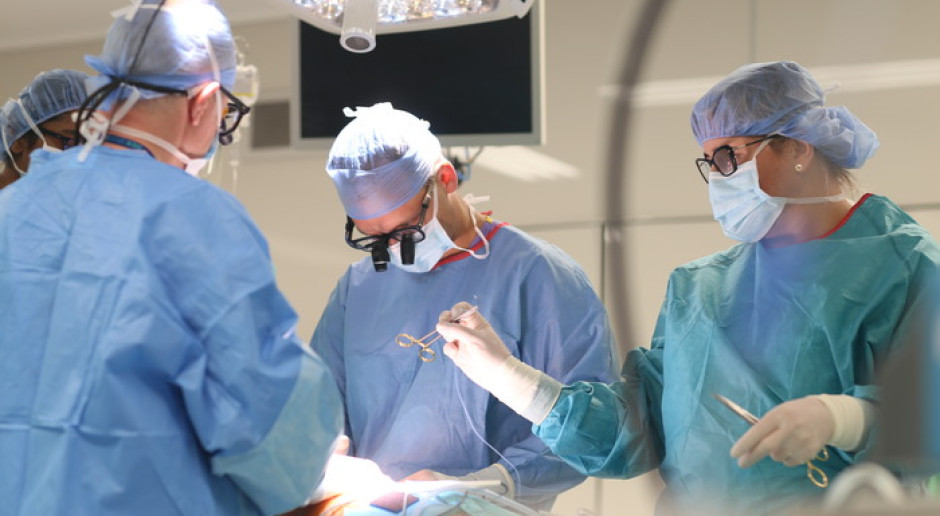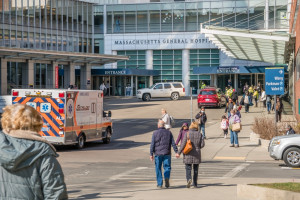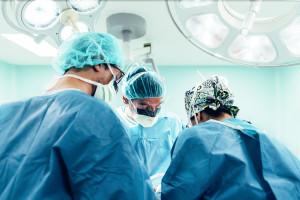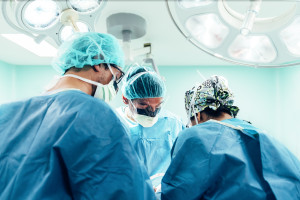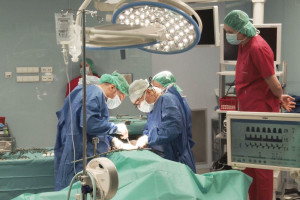Elon Musk's Plan Falls Apart: 180 People Received Important Emails

- Elon Musk praises budget cuts that led to layoffs at CDC, other public health agencies
- However, the CDC withdrew some of the layoffs after a wave of criticism. As a result, 180 people were reinstated
- Further job cuts are still possible
- Federal judge halts medical research funding cuts: admits they could cause 'irreparable harm' to patients and research institutions
Elon Musk was a key advocate for drastic cuts to the U.S. Department of Veterans Affairs budget , which were expected to save $2 billion. The planned cancellation of hundreds of contracts covered key health services for veterans, including cancer treatment, toxic exposure assessments, and support under the PACT Act. After a wave of criticism and concerns about the negative impact on former soldiers, the Department of Veterans Affairs temporarily put the decision on hold. The announced savings may not materialize.
Now, The Associated Press has learned that the U.S. public health agency CDC - the Centers for Disease Control and Prevention - has sent emails to about 180 laid-off employees asking them to return to work. The employees received their termination notices two weeks ago. The email, titled "Read This Email Now," said the employees had been dismissed on February 15 and could resume their duties.
The reinstatement comes after budget cuts by President Donald Trump’s administration. Similar moves have been made at other government agencies, including those overseeing medical devices, food safety, bird flu response, nuclear weapons, and national parks. It’s unclear whether the reinstated workers will avoid more layoffs expected to hit various government agencies soon.
Before the layoffs, the CDC employed about 13,000 people. Last month, Trump administration officials announced that they were laying off nearly 1,300 probationary workers. Between 700 and 750 were ultimately furloughed. After the 180 workers were brought back, the total number of CDC employees laid off is about 550.
Health and Human Services Secretary Robert F. Kennedy Jr. has promised “radical transparency,” but HHS officials have not provided details about the staffing changes at the CDC. Among those who received emails reinstating their jobs were epidemic response specialists in fellowship programs.
US Senator Raphael Warnock welcomed the decision to bring back workers but stressed it was not enough.
There will be no cuts. They would cause "irreversible damage". Elon Musk will not be happyIn addition, a day later, a federal judge blocked the Trump administration from making drastic cuts to medical research funding that could put patients at risk and lead to job losses. A group of 22 states and organizations representing universities, hospitals and research institutions from across the country filed a lawsuit challenging the planned cuts, arguing that the changes would cause “irreparable harm.” U.S. District Judge Angel Kelley in Boston issued a preliminary injunction that puts the new rules on hold until the lawsuits are resolved.
The new policy by the National Institutes of Health would cut hundreds of millions of dollars from research groups for so-called indirect costs associated with research on Alzheimer's, cancer, heart disease and many other conditions. The National Institutes of Health, a major funder of biomedical research, awarded about $35 billion in grants to research groups last year. The total is divided into "direct" costs, which include researcher salaries and lab supplies, and "indirect" costs, which are the administrative and infrastructure costs needed to conduct research.
The Trump administration has dismissed these costs as unnecessary “overhead,” but universities and hospitals argue they are essential. They include electricity to power sophisticated equipment, hazardous waste disposal, and salaries for safety personnel and lab cleaners. Previous rules allowed institutions to negotiate these rates with the government. For example, an institution with a 50 percent indirect cost rate would receive an additional $50,000 to cover those costs for a $100,000 project. But the new NIH policy would cap indirect costs at a flat 15 percent, saving the agency $4 billion a year.
Dr. David J. Skorton of the Association of American Medical Colleges, one of the plaintiffs in the case, welcomed the court's decision, emphasizing that NIH-funded research "benefits every person and community in America."
Copyrighted material - reprint rules are specified in the regulations .

